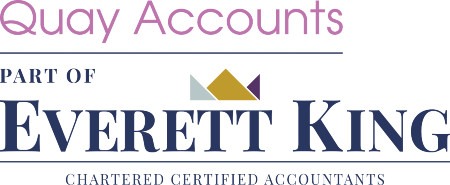Money is the blood of business. As the business grows, the faster it flows!!
It’s an unfortunate fact of business life, but not every invoice gets paid on time. For many smaller businesses this can be more than an inconvenience; it can be harmful to cash flow as well.
What practical steps can we take before cash flow becomes a problem?
Get Your Credit Terms Straight
– The first step is for a business to make sure that its credit terms are clear and easy to understand. If the time limit for payment is 30 days, then customers should be aware of this. New customers, if possible, should be checked for their credit worthiness. The information that a business requests ought to include at least two referees and appropriate bank references. It is also sensible to discover the amount of credit a new customer may require, and perhaps to set a limit according to the level of risk they represent.
There is no obligation on a business to have just one set of payment terms. It might make sense to set in place a number of alternative payment periods, depending on customers’ payment records or their likely risk. Some businesses consider it worthwhile to operate a sliding scale of payment terms as an incentive to customers.
For example, any bills that are settled within a week are entitled to a small discount; whereas those that exceed, say, the 30-day limit could forfeit their chance to cash in on the discount for the following three months.
Get Your Invoices Straight
The next step is to make sure that the invoices themselves don’t become excuses for non-payment. For this reason they ought to be paragons of clarity. They should carry both the name and address of the business and the customer. They should be dated accurately and clearly. Just as prominent should be the date by which payment is due.
Invoices should quote any purchase order raised and should describe the specific nature of the service, work or product. The amount charged should be for the correct and agreed price, and the VAT, if any, should tally.
Stick to Your Guns
When chasing late payments, it is always best to target the largest outstanding amounts as well as the oldest debts. If things get so bad that a business is forced to take remedial measures, then it is important to carry out the action of which the non-paying customer has been warned. Failure to do so will simply encourage the belief that the business is not serious about getting hold of its money.
The Customer is Sometimes Right – Do they have a point?
Lastly, it is vital that a business checks that it is not in some way responsible for the non-payment. For every unpaid invoice, a business ought to confirm that there is not a real – as opposed to an imagined or opportunist – problem with either the invoice itself or the service provided.
It is also important to remember that the law allows firms to charge interest on overdue invoices.
Read more blogs>>>>
